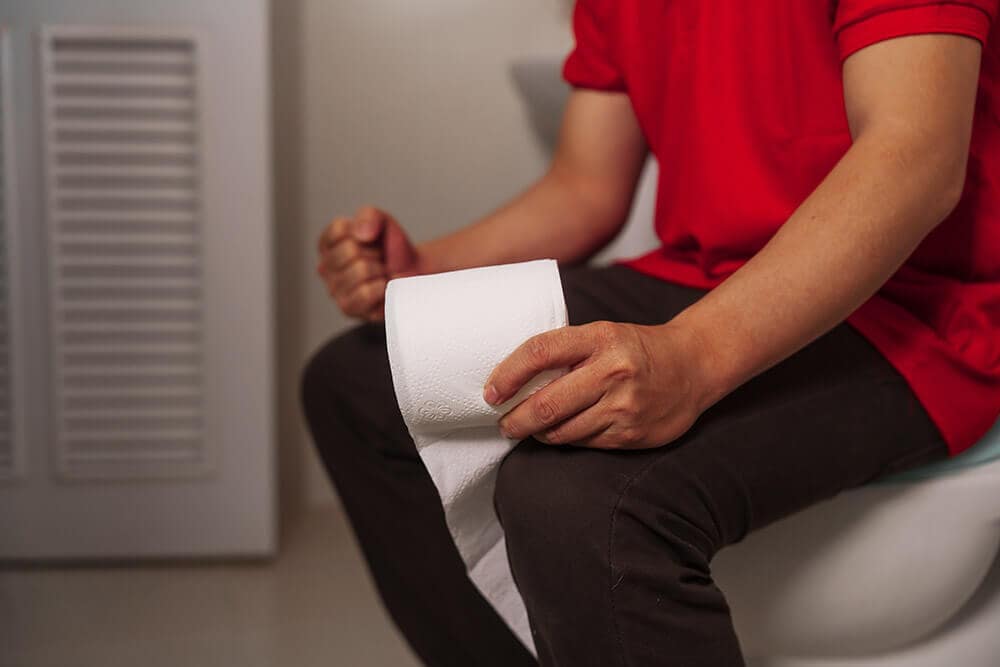What Is Fecal Incontinence?
Fecal incontinence means you can't fully control your bowel movements. You may leak stool or feel a sudden urge you can't hold. This can cause stress, embarrassment, and limit your daily life. The good news? Most people feel better with the right care.
Common Causes and Risk Factors
- Weak pelvic floor muscles
- Nerve damage from childbirth or surgery
- Chronic constipation or diarrhea
- Diabetes
- Spinal cord injuries
- Aging
- Prior rectal surgeries
- Long-term digestive issues
Signs and Symptoms
- Sudden, strong urges to use the bathroom
- Stool leakage or staining
- Frequent wiping or wearing pads
- Skin irritation near the anus
- Fear of leaving home or socializing
Expert Treatment for Fecal Incontinence by Dr. Bharat Pothuri
Dr. Pothuri uses a step-by-step approach:
Medical History and Exam
He reviews your symptoms, bowel habits, diet, past childbirth or surgeries, and any prior treatments. A gentle rectal exam assesses sphincter tone and pelvic floor muscle strength.
Anorectal Manometry
This test measures pressure and coordination of the anal sphincter and rectum during rest and squeeze efforts, helping to identify muscle or nerve dysfunction.
Endoanal Ultrasound
High-resolution ultrasound images reveal tears, defects, or scarring in the internal and external anal sphincters.
Colon Transit Study (if needed)
By tracking radiopaque markers or using wireless motility capsules, we evaluate how quickly stool moves through your colon to uncover motility disorders.
Frequently Asked Questions
What causes fecal incontinence?
Weak pelvic floor muscles, nerve damage (after childbirth or surgery), chronic constipation or diarrhea, aging, and prior rectal procedures can all contribute.
How can I manage daily symptoms?
Adopting a fiber-rich diet, staying hydrated, doing pelvic floor exercises, and using prescribed medications or biofeedback therapy helps control urges and prevent leaks.
Is fecal incontinence curable?
Many patients achieve significant improvement or full control with a combination of lifestyle changes, pelvic rehabilitation, medications, and minimally invasive treatments designed by Dr. Pothuri.
Who is the best specialist for bowel control in Houston?
Dr. Bharat Pothuri, a board-certified gastroenterologist at GastroDoxs, is Houston's leading expert in pelvic floor disorders and advanced non-surgical therapies.
Will my insurance cover treatment?
Most insurance plans cover diagnostic testing and therapies for fecal incontinence. Our staff verifies your benefits and pre-authorizations before you begin.
How soon will I see improvement?
Many patients notice initial relief within a few weeks of starting their personalized plan. Full benefits typically develop over two to three months of therapy.
Are there risks with sacral nerve stimulation?
Sacral nerve stimulation is generally safe. The most common side effect is mild soreness at the implant site. Serious complications are rare, and Dr. Pothuri will discuss all precautions with you.












